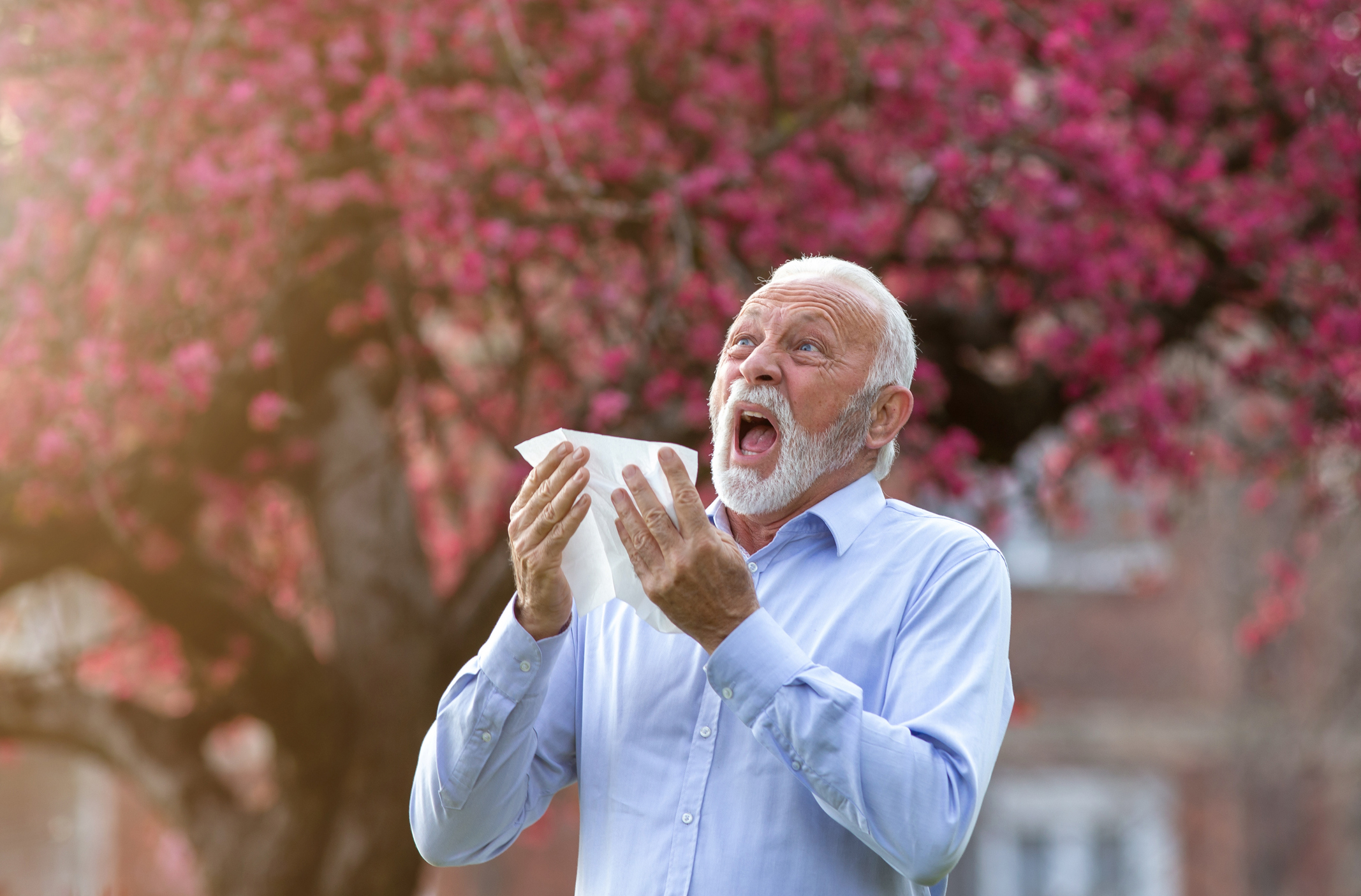After waiting so many months for sunshine, warmer days, and trees and flowers to bud, spring weather is finally making an appearance. But new research suggests that worsening climate change will cause plants to produce more pollen and lead allergy sufferers to experience more severe symptoms.
A recent NPR Climate report on All Things Considered interviewed University of Michigan Atmospheric Sciences Professor Allison Steiner. Steiner explained that as springtime temperatures rise, blossoms and trees will come into flower earlier and complex computer models indicate that trees, grasses, and weeds will respond to global warming by putting out more pollen.
Not only will allergy season begin earlier, because of warmer temperatures in the fall months, it could also last longer. If nothing changes and carbon emissions remain at current levels, the allergy season could begin as many as 40 days earlier by the end of the century, and last up to 19 days longer.
Seasonal allergies are not just a nuisance. Many people with asthma are also affected by seasonal pollen allergies and a worsening allergy season can land some in the emergency room. Severe allergies can also affect learning and performance in school and productivity on the job. Older adults often develop Geriatric Rhinitis as a result of seasonal allergies; because the supporting cartilage of the nose may weaken with age, the airways can narrow and cause a stuffy nose. Less blood flow can also contribute to nasal dryness.
Always talk with your doctor before taking any allergy medication – some over-the-counter and prescription drugs can interact with other medications or worsen existing health conditions. Allergy sufferers can reduce pollen exposure during peak season by leaving shoes at the door, keeping windows closed, vacuuming often, and drying clothes in a dryer rather than outdoors. After spending time outside, and before going to bed, shower and change clothes to remove pollen. If you must spend time outdoors during allergy season to cut the grass or do other outdoor chores, consider wearing a pollen mask to limit exposure.






Add Your Voice
0 Comments
Join the Discussion